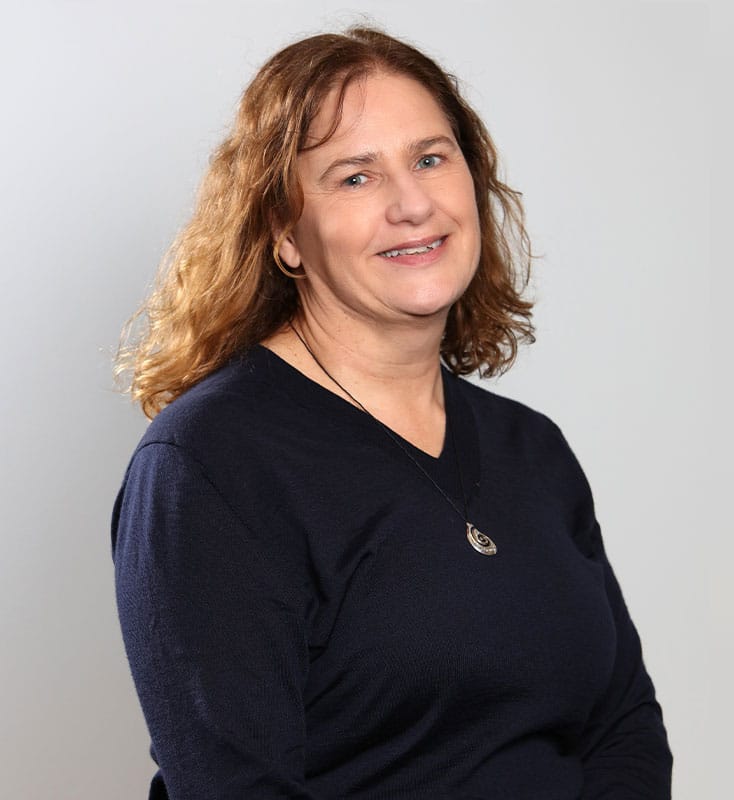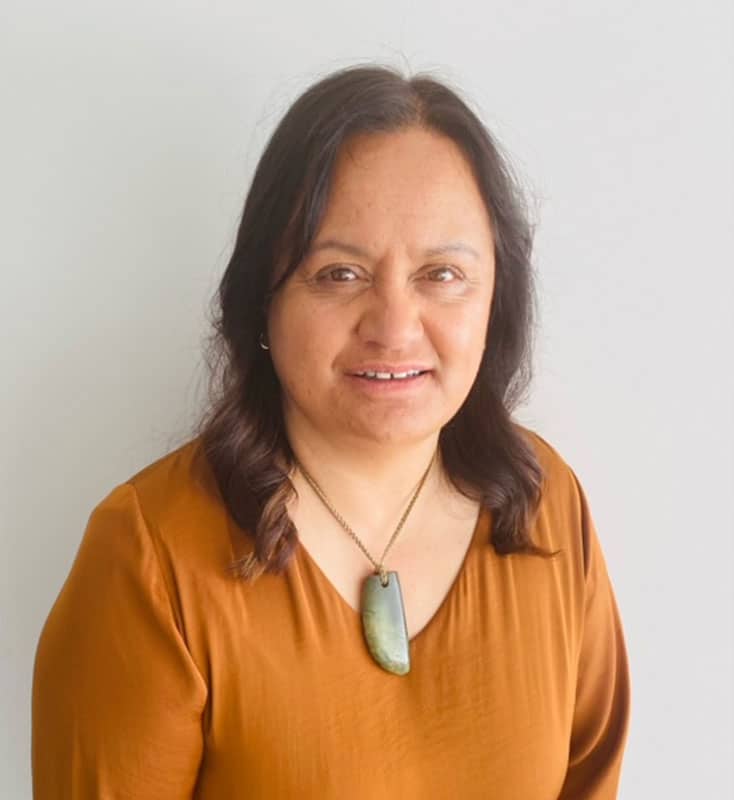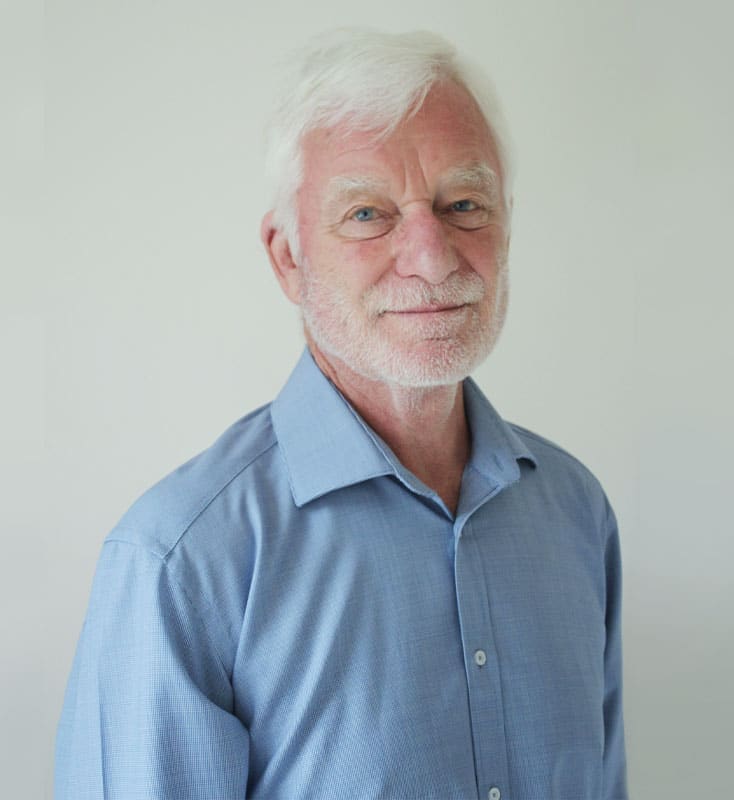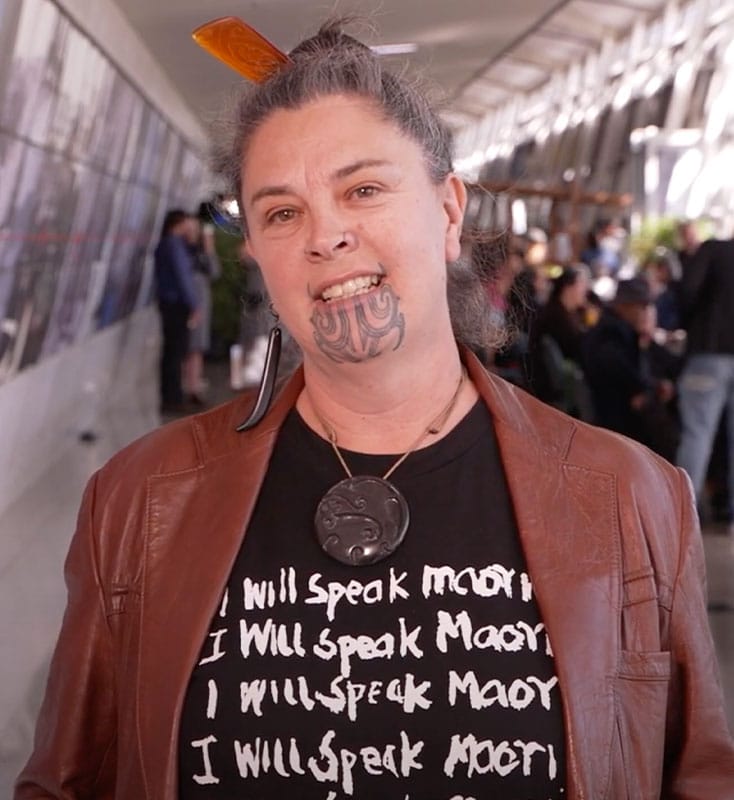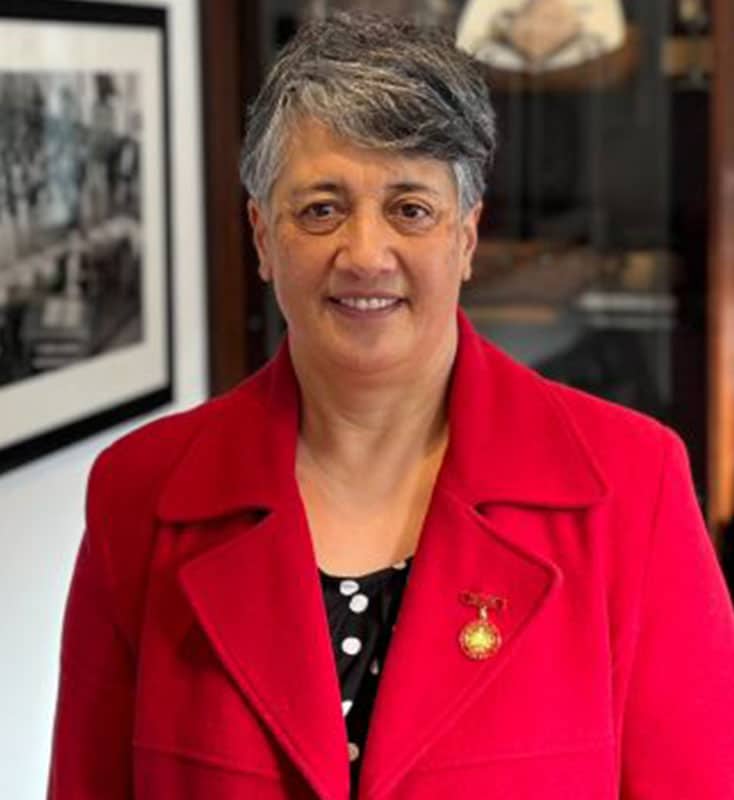This report by renowned academic Mason Durie explores the critical elements that contribute to achieving high standards in Māori housing, underscored by the influential role of Te Puni Kōkiri.
The discussion is divided into two sections: the first part focuses on the broader implications of housing for Māori, emphasising whānau and community dynamics, while the second part zeroes in on the significance of kainga, highlighting the pivotal role of whānau, whenua, and whanaungatanga. The initial section outlines five challenges to ameliorate Māori housing, including the urgency to address needs without prerequisite conditions, the importance of collaboration across sectors, and the integration of cultural preferences into housing solutions. It advocates for a whānau-centred approach, where housing solutions are not just about providing shelter but also about enhancing the overall wellbeing of the Māori family unit, ensuring their economic security, cultural engagement, and societal participation. The latter part of the paper presents ten markers critical to kainga, including mauri, whānau, collabouration, local leadership, papakainga, urban collectives, resources, cultural foundations, iwi, and whānau decision making, illustrating the deep-rooted connection between Māori housing and their cultural, environmental, and communal values. It stresses the importance of housing that is not only physically accommodating but also culturally resonant, supporting the wellbeing of Māori families by fostering a strong sense of identity and belonging through connections to their land, ancestors, and community. The report argues for housing policies and practices that are informed by and adapted to the unique needs and values of the Māori community. It emphasises the need for collaborative efforts between government agencies, local leadership, and Māori communities to ensure that housing solutions are sustainable, culturally sensitive, and supportive of Māori aspirations. This approach aligns with broader goals of social inclusion, community development, and the preservation of Māori culture and identity.





